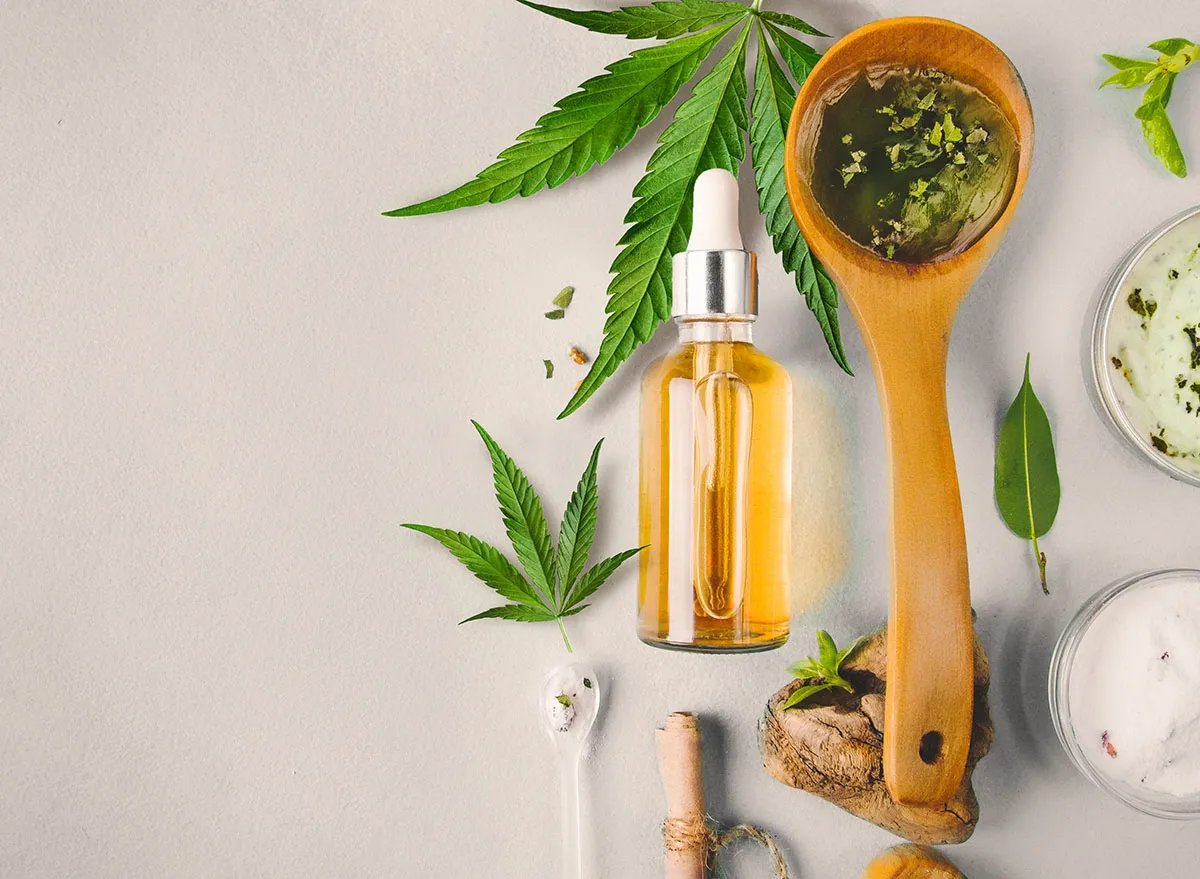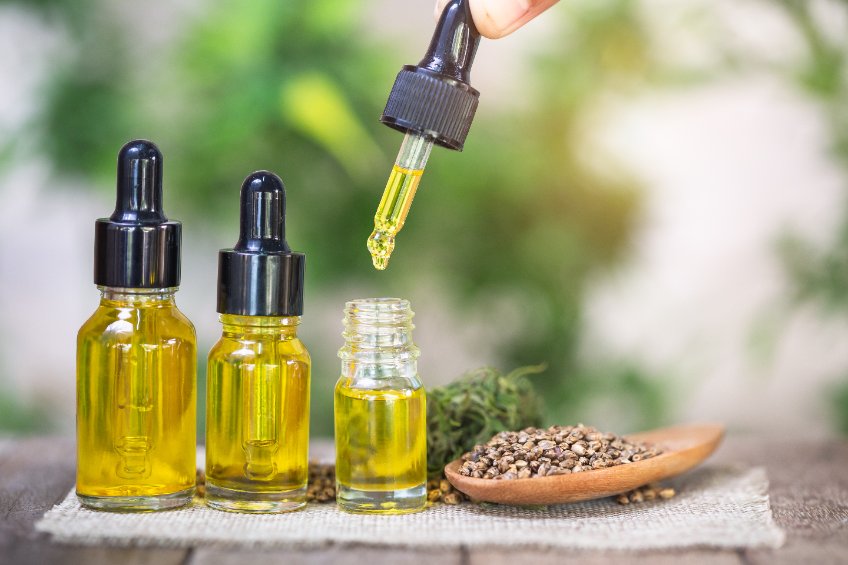News
Are Cannabis Edibles Hard on Your Liver? How to Consume Safely
Another form of the consumption of marijuana is in the edible form and this has been preferred due to ease of use and the discretion it comes with. However, like the use of any substance with varying degrees of legitimacy, there are arguments about its effects on health – negative effects including pressure on liver health. The effects of cannabis edibles on the liver are essential to be understood to prevent the worst. Here, we discuss whether cannabis edibles are an unfavourable strain on your liver and what you can do to consume them appropriately.
Understanding How Cannabis Edibles Affect the Liver: Are Cannabis Edibles Hard on Your Liver?

With edibles, the process of cannabis metabolism begs the spotlight, especially the vital organ at the centre of this process, namely, the liver, which is responsible for converting the two major psychoactive compounds of cannabis, namely THC (tetrahydrocannabinol) and CBD (cannabidiol). This is different from direct inhalation of smoke or vapour where compounds such as cannabinoids enter the bloodstream through the lungs and are subjected to the first pass effect when ingested via edibles, are swallowed and introduced into the systemic circulation via the portal vein. This exposes cannabinoids to the first-pass metabolism where the liver deaminates substances before getting into the systemic circulation.
In the liver, THC is metabolised differently from CBD into different products some of which are psychoactive. For instance, the main psychoactive compound THC is metabolized into 11-hydroxy-THC which is an even more potent metabolite that contributes to the feeling produced by edibles. In addition to altering the chemical composition, this metabolic process alters receptor binding to the endocannabinoid system.
Since the liver plays in metabolising cannabinoids, it serves as the main detoxing organ of the body. This process involves the process of converting certain substances into water-soluble, thereby enhancing their passage through urine or bile. However, there is a problematic effect of weed edibles on the organs which is the liver where its usage if in large quantities or for a long time, can cause the liver enzymes to rise indicating strain on the liver or even damage.
It is also important to consider the fact that human bodies are different and may process cannabinoids at different rates, depending on how efficiently the liver metabolizes substances. Some of these contributing factors include genetic predisposition, age and extent of the liver disease. However, cannabis edibles and foods and those with liver ailments or decreased liver function should proceed with caution.
Awareness of such metabolism makes it possible to make the right choices concerning cannabis usage, especially in edible form. Health professionals continue encouraging low-risk behaviours and adopting healthy lifestyles, especially when it comes to conditions that can compromise the liver. Science advances and as such the knowledge of how the human body processes the metabolism involved in the cannabis plant and the general well-being of individuals improves.
Potential Risks to Liver Health
However, due to the limited number of studies, more comprehensive knowledge about the effects of cannabis edibles on liver health has not yet been gained. But some reports are stating that keeping high doses of THC can harm the liver and this is so if you have liver issues. Therefore, the metabolites of cannabis edibles may pose several risks relating to the use of the drug, including the heightening of liver problems in chronic users. Specifically, occasional abuse does not have severe consequences, but turning it into a habit can have some consequences.
Balancing Benefits and Risks

There are numerous advantages of ingesting cannabis in the form of an edible product, thus utilizing its pain-killing effect, reducing stress, and helping to fall asleep. All these benefits can be especially of interest to anyone who wants to avoid the common substances like pills and capsules. Nevertheless, it is crucial to consider possible disadvantages to the main advantages provided by the described type of work. This means that one does not need to consume very large quantities of cannabis edibles to feel the effects; moderation is the word when having edibles to reduce the effect on the liver while enjoying the benefits of consuming the cannabis edibles.
Safe Consumption Practices
Surely, using cannabis edibles and products should be done safely and require specific thinking strategies. It may take half an hour to two hours for the THC or CBD in edibles to kick, unlike fast-acting e-cigarettes and smoking. This therefore causes over-ingestion since the person can take more ingesting the initial portion as inadequate. To prevent this, it would be advisable to adopt a lower dose which ranges from 2 to 6 milligrams. 5 to 5 milligrams of THC, especially when you are just starting or you are a casual cannabis user.
Build up gradually, allowing at least 24 hours between the increments, to be able to gauge the impact of the administered dosage and arrive at the best dosage that would alleviate pain without causing other complications. The potency of edibles can differ from one batch to another and from brand to another, so it is imperative to check the label of the product to know the total THC content per serving. Variance in potency is another mistake; one may fail to account for it and end up having an overly assertive response.
As mentioned earlier, combining cannabis edible with other substances can be dangerous. Using them with alcohol or other products that can place pressure and stress on the liver like acetaminophen can cause complications. The liver processes THC and when one uses other substances that the liver has to process alongside THC, the outcome can be liver problems or other related complications.
It is, therefore, safer to stay away from the combinations and to also be careful with the total consumption of anything that will have to pass through the liver.
When it comes to consuming cannabis edibles, it is always advisable to seek medical advice from a doctor, particularly one with expertise in cannabis prescribing if the person has some form of liver disease, mental illness, or cardiovascular disease. A healthcare provider can give recommendations in a given case, take into account your past health, and the medications you are taking now, to make sure that the cannabis use is both safe and effective for you.
Monitoring Liver Health
A routine check on the liver should be taken by anyone who sometimes uses cannabis products, especially in the form of edibles. This can be achieved through relatively simple blood tests such as liver function tests to determine the level of the enzymes and other components of the liver’s functions. Monitoring the liver can help one note any signs of damage Early intervention involves avoiding cannabis edibles or at least moderating the intake of edibles or strains that affect the organ.. It is also useful in that it keeps one informed on their liver health and helps in making decisions concerning cannabis use.
Legal and Quality Considerations

Two more elements of safe cannabis consumption are the protection of edible quality and their compliance with legal norms. Only consume products that you have prepared or buy food that has been baked from authorised processors. Purified and clean foods do not contain impurities that put extra pressure on the liver to detoxify them. The legal regulation of marijuana also plays a critical role as one gets to know the state of the legal cannabis you live in hence making the right choices.
Conclusion
Cannabis edibles have great potential to provide therapy and hepatic benefits are essential concerning their usage. Thus, if one knows how cannabis edibles work with the liver and follows the right proportion intake, the subject can maximize the benefits that count with minimum consequences. It is always advisable to seek advice from a doctor when taking or intending to take cannabis edibles, check your liver function often, and consume quality legal products to eradicate the adverse effects of cannabis edibles.


